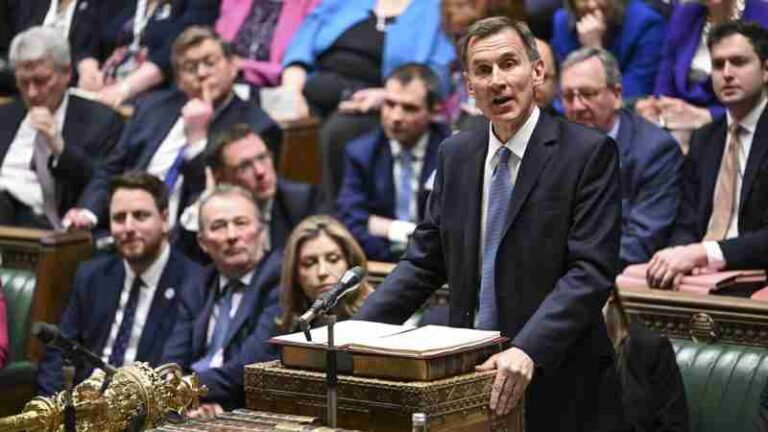Opposing the Proposed Vape Tax: Protecting Access and Choice
The Government wants their cut
As discussions unfold regarding the introduction of a new tax on vaping products, it’s crucial to consider the potential repercussions of such a measure. While the government may aim to address concerns about accessibility among young people and non-smokers, imposing additional financial burdens on vapers could have unintended consequences.
Vaping has emerged as a widely utilized harm-reduction tool for smokers seeking alternatives to traditional tobacco products. By making vaping less affordable, the proposed tax risks hindering access to these potentially safer alternatives, thereby limiting the choices available to adult smokers looking to transition away from combustible tobacco.
Furthermore, the timing of such a tax proposal, amidst ongoing efforts to regulate the industry, raises questions about the government’s commitment to evidence-based policymaking. Rather than resorting to punitive measures that disproportionately affect consumers, policymakers should prioritize comprehensive approaches that balance public health objectives with the rights of individuals to make informed choices about their well-being.
Instead of penalizing vapers with additional taxes, efforts should be directed towards promoting education and awareness about the relative risks of vaping compared to smoking. This approach empowers individuals to make informed decisions about their health while preserving access to harm reduction tools that have the potential to save lives.
In conclusion, while addressing concerns about youth vaping is important, it’s essential to avoid knee-jerk reactions that could undermine the broader public health goals of harm reduction and smoking cessation. Let’s advocate for policies that support informed choice, affordability, and access to harm reduction strategies, ensuring that all individuals have the opportunity to lead healthier lives.





